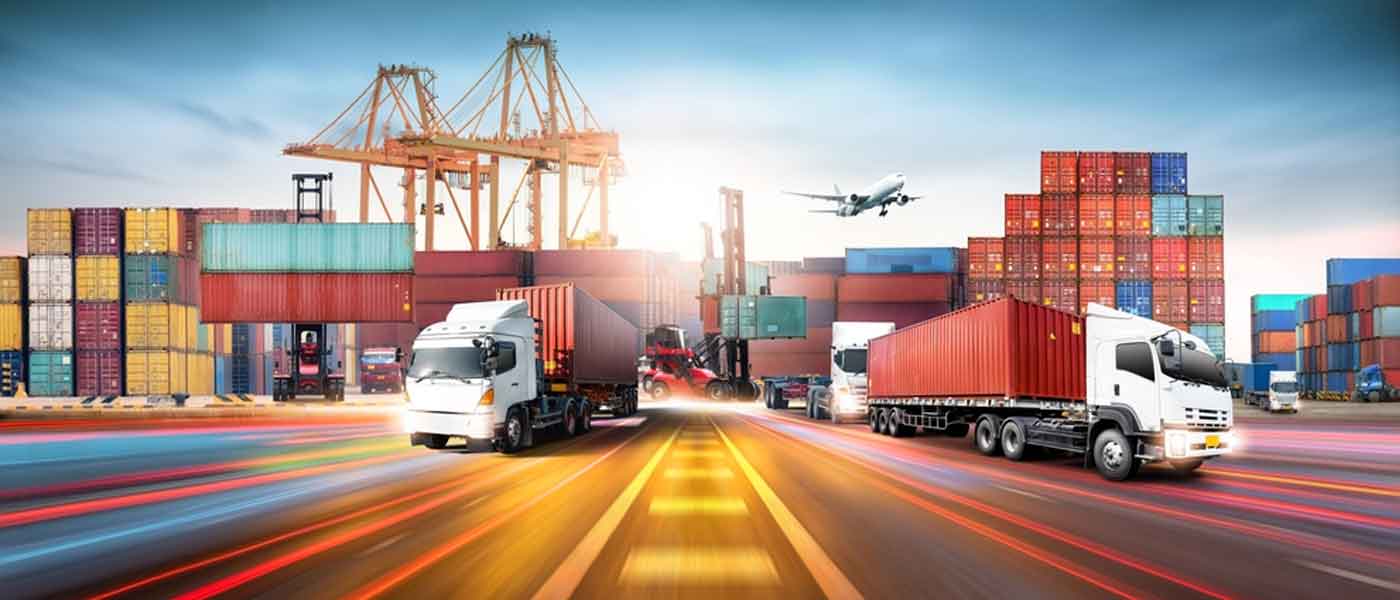Road transportation plays a pivotal role in the movement of goods across various industries and sectors. It serves as a lifeline for economies worldwide, facilitating the efficient and timely delivery of products and materials. In this article, we will delve into the diverse range of goods transported by road, exploring the significance of this mode of transportation and its impact on global trade and logistics.
- Consumer Goods:
One of the primary categories of goods transported by road is consumer goods. These encompass a wide array of products, including electronics, clothing, household items, and packaged food items. Road transport enables the seamless distribution of these goods from manufacturing facilities to distribution centers, retail stores, and ultimately, the hands of consumers. The flexibility and accessibility of road networks make it an ideal choice for delivering consumer goods to both urban and rural areas. - Industrial Materials:
Road transportation also plays a crucial role in the movement of industrial materials. Raw materials, such as minerals, ores, and timber, are transported from extraction sites to processing plants and factories. Additionally, road transport facilitates the delivery of components and parts required for manufacturing processes. The ability to transport heavy and bulky materials efficiently makes road transport indispensable for industries like construction, mining, and manufacturing. - Agricultural Products:
The agricultural sector heavily relies on road transportation for the distribution of fresh produce, grains, and livestock. Farmers transport their harvests to markets, processing facilities, and distribution centers using trucks and other road vehicles. Road transport ensures that perishable agricultural products reach consumers in a timely manner, preserving their quality and minimizing waste. It also enables the transportation of livestock for breeding, sale, or processing. - Hazardous Materials:
Road transport plays a critical role in the safe transportation of hazardous materials, including chemicals, gases, and flammable substances. Specialized vehicles equipped with safety features and regulatory compliance are used to transport these materials. Strict regulations and protocols govern the transportation of hazardous goods to ensure public safety and environmental protection. Road transport companies adhere to these regulations, employing trained personnel and employing advanced technologies to mitigate risks. - E-commerce and Last-Mile Delivery:
With the rapid growth of e-commerce, road transportation has become essential for last-mile delivery. Online retailers rely on road networks to transport packages from warehouses or fulfillment centers to customers' doorsteps. The convenience and accessibility of road transport enable efficient and timely delivery, meeting the expectations of modern consumers. The rise of same-day and next-day delivery services further emphasizes the significance of road transportation in the e-commerce landscape.
Conclusion:
Road transportation serves as a vital artery for the movement of goods across various industries. From consumer goods to industrial materials, agricultural products to hazardous materials, road transport plays a crucial role in ensuring the smooth flow of goods within and between regions. Its flexibility, accessibility, and efficiency make it an indispensable mode of transportation. As global trade and logistics continue to evolve, road transport will remain a cornerstone of the supply chain, enabling the timely delivery of goods to meet the demands of a dynamic marketplace.




